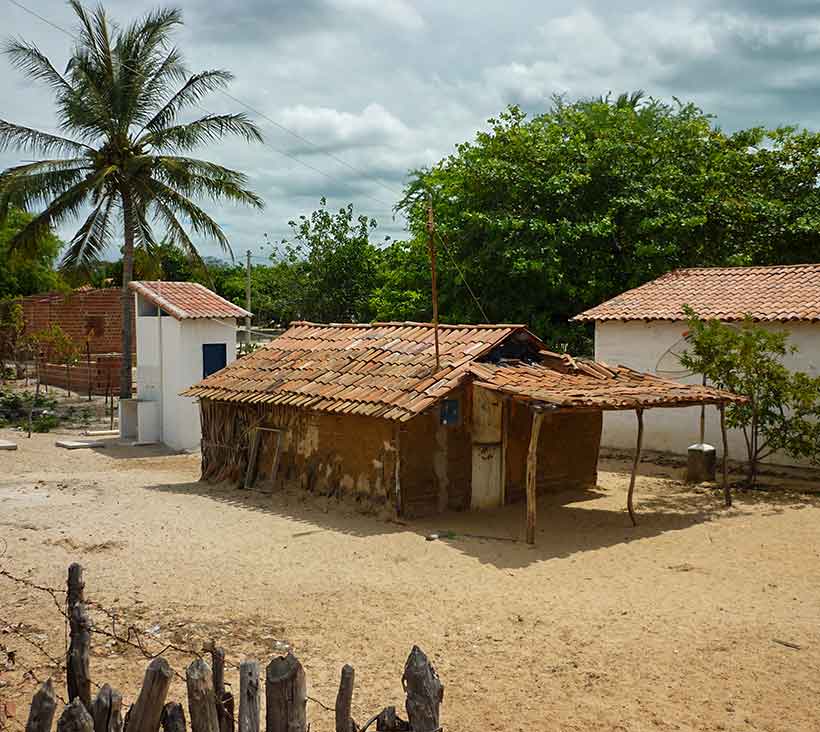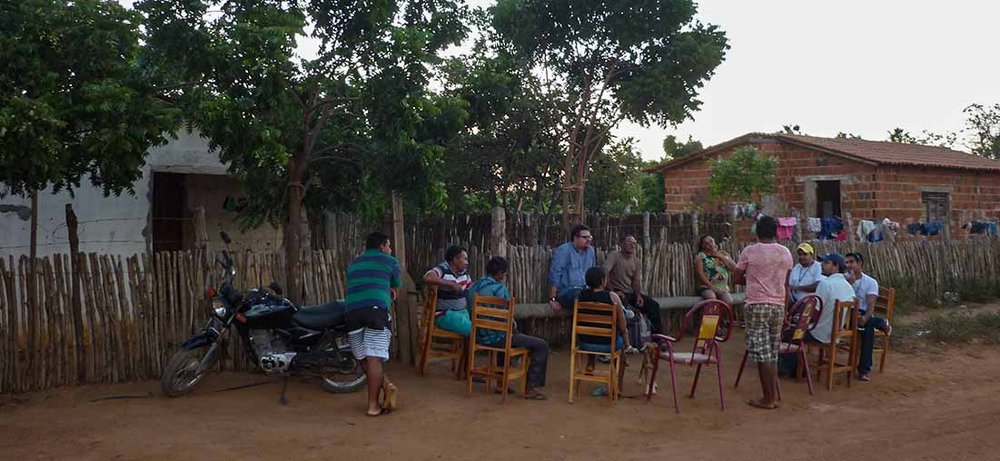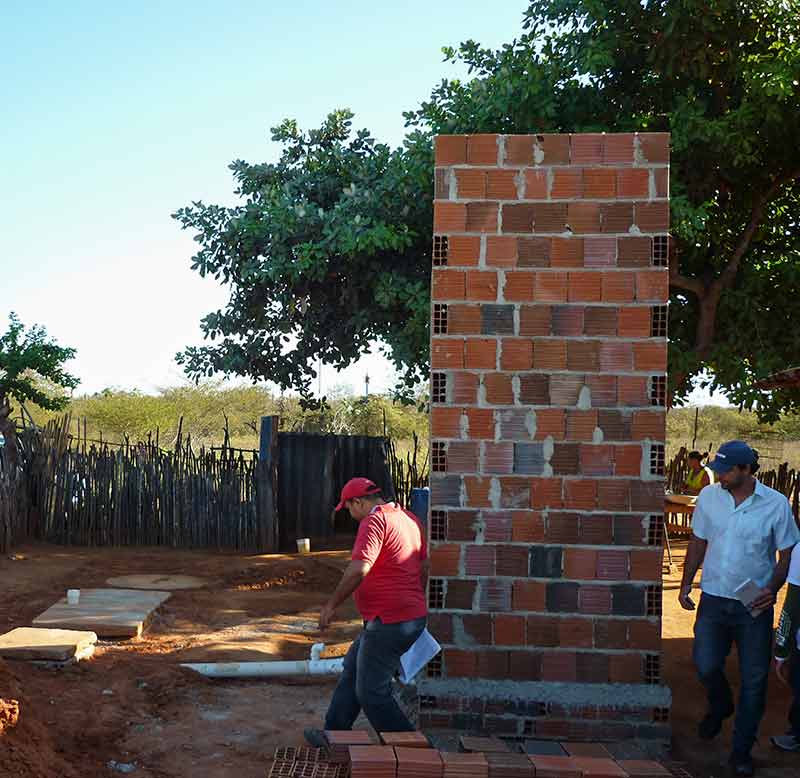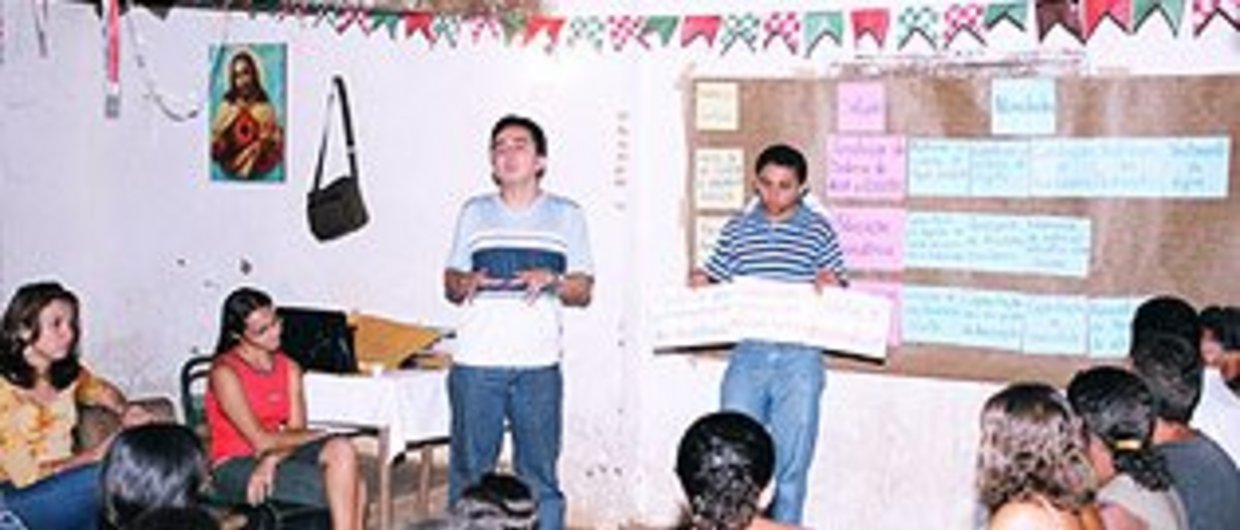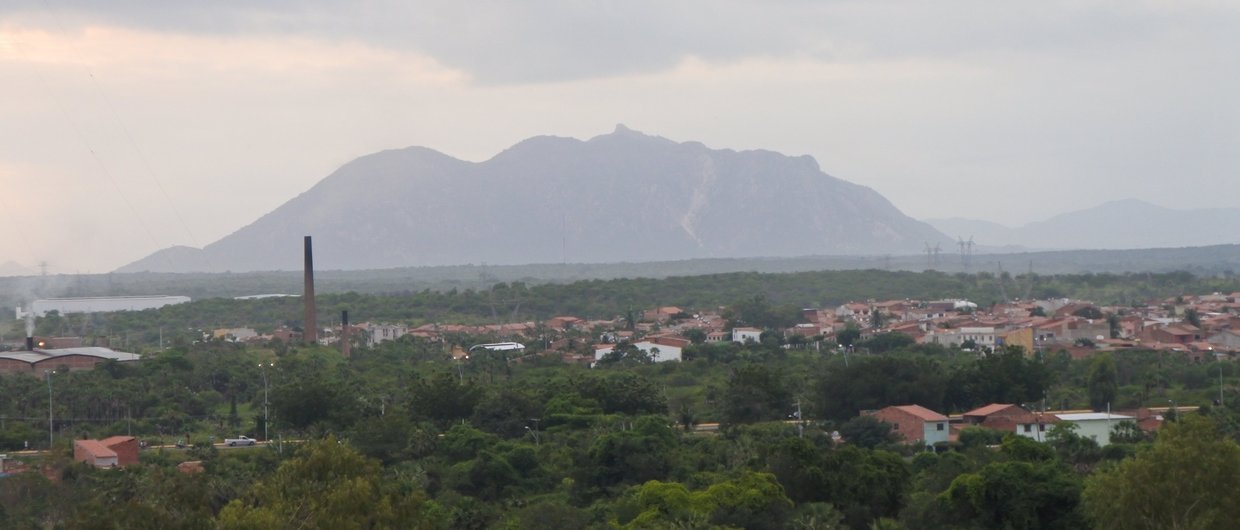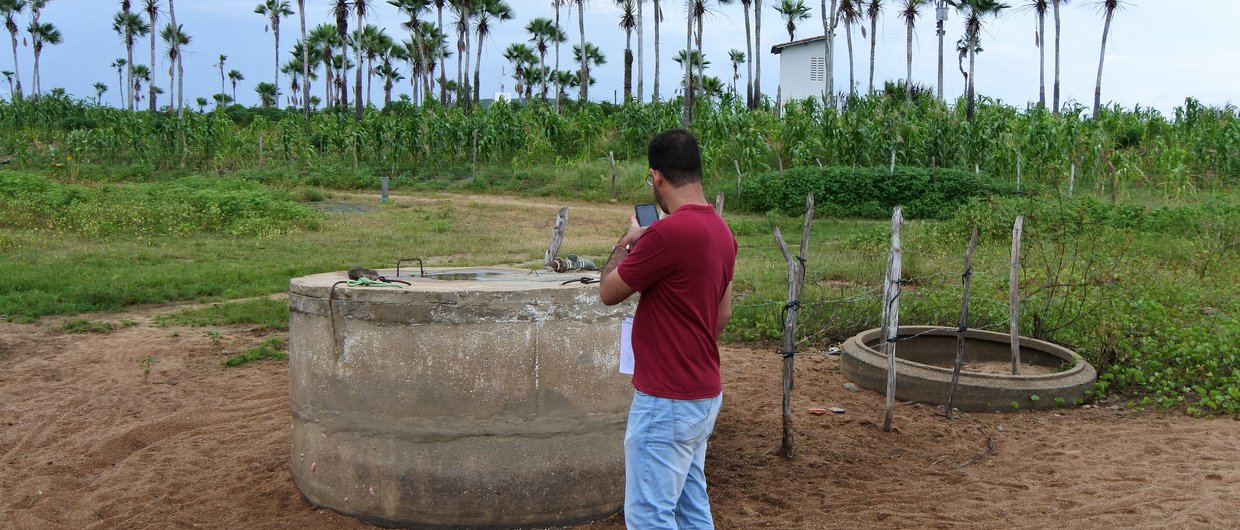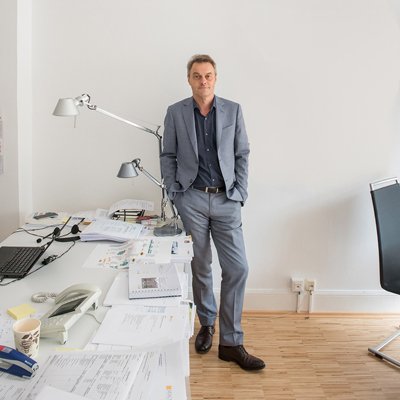It’s 5 am in the village of Sapó, in the State of Ceará, Brazil. Mrs. Raimunda Silva, 66 years old, is making coffee after having taken a shower in the only bathroom in her house. After serving a modest breakfast for her husband and grandchildren, she will do the laundry and prepare today’s lunch. She’s happy since her three sons are back from São Paulo; her sons realized that life in Sapó had gotten better with water supply, wastewater treatment, electricity, and the new job opportunities that came with this better local infrastructure and decided to return to their home place.
This simple daily routine is really a privilege for millions of families in the rural poor areas of Brazil. How was life before the water system came to Mrs. Silva village? Mrs. Silva still remembers the difficulties and uncertainties in those days before the implementation of the water system supply, and the fears of the families in her village: “Who is going to help us with the water system? We cannot afford to lose this important achievement. If we lose this opportunity maybe the Government will never invest again in this poor, remote area of the country. Are we able to afford the water tariffs?” She still retains in her memory those questions that were raised over the project implementation in the year 2001.
